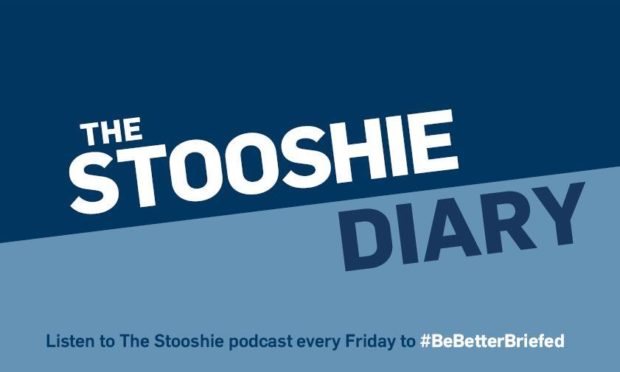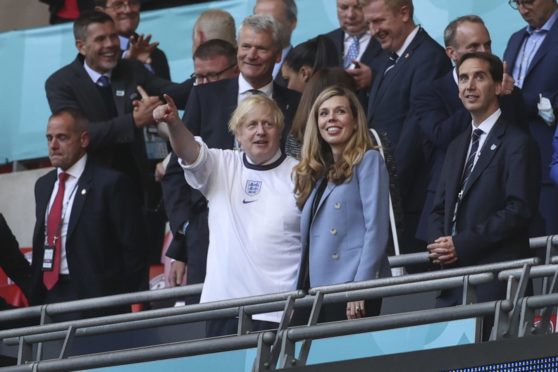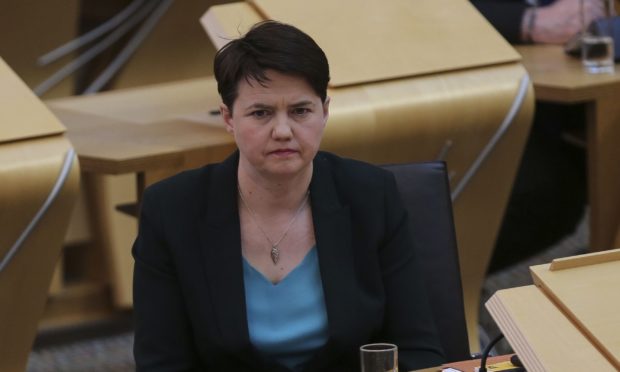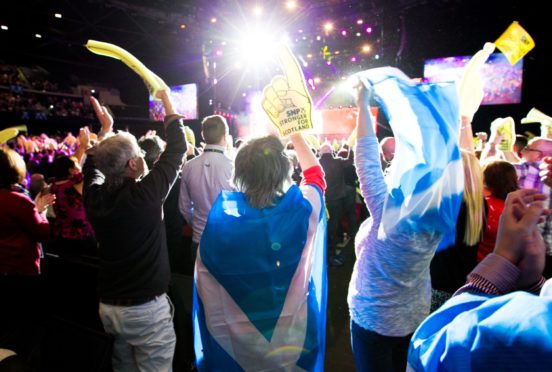Unless you have been living under a rock these past four weeks, you might have noticed England reached the final of a major tournament for the first time since 1966.
Delayed a year because of some pesky virus, fans, aficionados, fair-weather supporters and shoulder-shruggers were brought together to tell everyone else just how wonderful/magical/occasional/dull the whole thing was.
Those who usually despise such things (lets admit it, there are a quite a few of you) were spared for the most part from the traditional office sweepstake, continual water cooler chat or 3pm vanishing act.
Goals, Goals, Goals!
Sure as night follows day, Scotland getting knocked out in the group stages or your train leaving on time only after you’ve arrived late for it because you forgot your face mask — England lost their most important game on penalties.
The beautiful thing about football, really, is the goals. Top corner screamers, long range bouncers, wall-curling free kicks or close-quarter tap-in…it does not matter, every time the ball goes between the posts and over the line, a point is won.
England’s goal on Sunday night, two minutes in, was really an all-round dazzler. Italy’s on the other hand, a bit of a scramble. I’m no sports writer, so I’ll leave it at that, but the important thing is they both counted. Both beautifully equal and equally celebrated.
A caveat to the beautiful goal theory is, of course, the own goal. Nobody cheers for those. And it would seem our politicians have been slotting home a dozen at a time.
Boris Johnson is no football fan. That’s ok, fortunately it is not one of the pre-requisites for having the top-job in this country. Besides, there are plenty of things one must traditionally showcase which our prime minister gets away with not having, so no-harm, no-foul.
He was born in New York, so presumably like all Americans he chose to follow a team most likely to win. Fair play, as football fans say, it probably took all his power not to don the Arcuri Azzurri, so those of us north of Hadrian’s wall should not have taken it so personally, least of all those trying to flog Croatian, Ukranian and Danish shirts on eBay.
You can tell, in any case, Mr Johnson and his cabinet had really wagered on an England victory and this week being what the more ghoulish in this industry call “a good day to bury bad news”.
Leading from the front
Monday morning and many are waking up hoping the night before was all a bad dream or delicious nightmare.
Talk of a Tory rebellion on a vote to keep foreign aid funding at 0.5% of the UK’s national income, rather than the promised increase to 0.7%, had been bubbling under for some time and was now ready to pop the lid.
Former PM Theresa May, whose legacy was tarnished and skewered by Mr Johnson’s political wrangling, openly led the revolt, saying she would not and could not vote for what would amount to a £4 billion cut to the world’s neediest people.
The SNP, naturally, saw what the Tories were doing and decided to turn the conversation toward independence. Quite what Scottish contributions to overseas aid would be in the event of a Yes vote remains to be seen. Regardless, members including the MP for Dundee West, Chris Law, pointed out the UK should be a world-leader and setting the pace in this matter, not cutting when things get difficult.
Even Labour managed to get across some sort of coherent message about the dangers of cutting the budget, even if Sir Keir did say “nobody in this House is arguing for overseas aid to be maintained at the pre-pandemic level during the downturn“, which could easily (and was) have been said by a member of Mr Johnson’s cabinet.
And so it went, the government narrowly winning by 35 votes (the Conservatives have a majority of 85) and a salvo of boos erupted from across the country.
Former Scottish Conservative party leader Ruth Davidson called those who voted to maintain the cuts a “bloody disgrace”, reflecting on the six own goals all of Scotland’s Tory MPs had just scored — her efforts to detoxify the party now all but completely undone.
The last three Conservative prime ministers — Sir John Major, David Cameron and Ms May — called the action “a disgrace”, “a grave mistake”, that the UK was “turning its back on the poor”.
The Church of Scotland made a rare intervention — Lord Wallace, moderator of the General Assembly, described the decision as a “moral failure”.
The Archbishop of Canterbury called on the government to follow the Bible, to “love thy neighbour” and give to those who need it most by increasing how much we send.
The truth is, who cares?
And yet, what real damage will this have on this Conservative government?
The Johnson administration seems to stumble from one major outrage to the next and either accepts its lumps or slips free in a Teflon blazer.
Recent polling suggests the Tories are still five percentage points ahead of Labour. Earlier this month Labour narrowly won a by-election in Batley and Spen, most likely because of the candidate than the appeal of the party.
Westminster voting intention:
CON: 40% (-1)
LAB: 35% (-)
LDEM: 9% (+1)
GRN: 6% (+2)via @SavantaComRes, 09 – 11 Jul
Chgs. w/ 04 Jul— Britain Elects (@BritainElects) July 14, 2021
Even the predicted reduction in Conservative votes in Scotland, heralded as a consequence of Dominic Cummings’ love of road-side eye tests and difficulties surrounding Brexit, never really materialised.
Of course, the reason people vote one way at the Scottish Parliament and another at Westminster is as obvious as it is now sad, constitutional argument now plaguing almost every facet of Scottish life.
But what the Conservative government makes in short term gains, must surely have an impact on “global Britain” 20 years from now.
A constant appeal to win quick votes seems to have consumed a party which traditionally wanted to cause as minimal boat-rock as possible. The clue is in the name.
A party which likes to claim the high ground on being based in a “good sense of British fair play” and an adherence to the rule of law now seems less concerned about the eventual consequences of abandoning both.
This self-flagellation we seem intent on will not set us out as a world leader, something we desperately need now we are on our own.
The global community will either laugh at us or shrug — the latter being much, much worse.
“There goes Britain”, they’ll say, “pandering to all the worst instincts to take them to a past which never existed”.
It seems the Conservatives under Mr Johnson are accepting that own goals are still goals, they are all equal. Unfortunately, if you score enough of them you end up losing.
Donors meet police
It’s been a week for the Scottish Government too.
Not intent with filling 2020 and the start of 2021 with legal and political scandal, the SNP are again under police investigation, this time for alleged fraud.
The allegations centre on fundraising for a second independence referendum and donations made to the party for that, which according to some have gone “missing”.
In the response to Police Scotland’s announcement yesterday (no charges have been made, and the release itself that police are looking into something reported to them is strange enough) the party assured members “funds raised for independence campaigning will be spent on campaigning”.
Police quite rightly must investigate any potential law breaking or wrong-doing. If fraud has been committed then we need to know, not least because the party is currently in charge of the country.
Plenty more to come from this story in any case, and time will tell if it’s an own goal or not. Either way, we all lose.
Here comes the rumour mill
Speaking of donations, which Scottish MP asked if they should ask for their money back after donating to a cause which ruffled more than a few feathers?



